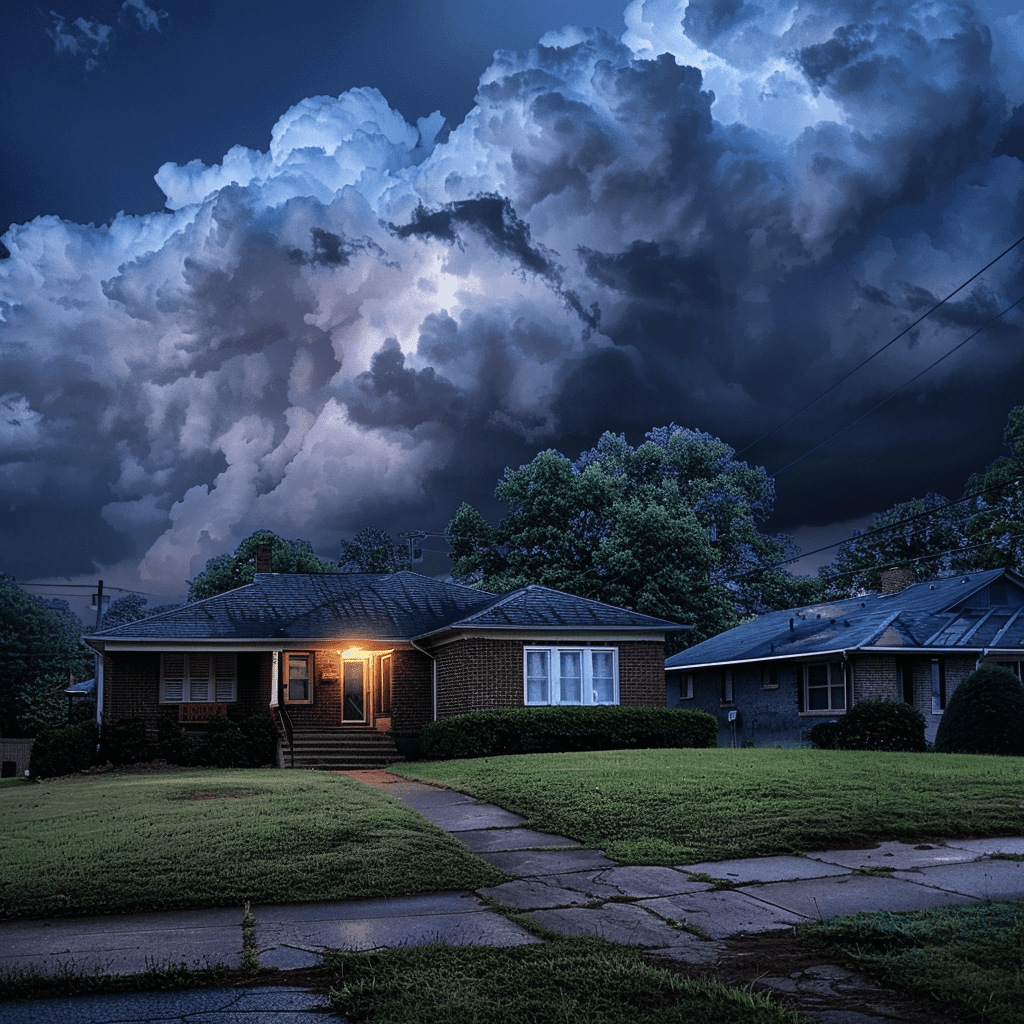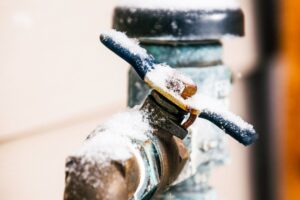Birmingham is no stranger to storm season. With the onset of heavy rain, strong winds, and potential floods, it’s crucial for homeowners to take proactive steps to protect their plumbing systems. Storm season can wreak havoc on your pipes, drains, and sewage systems if not properly prepared. Here are essential tips and tricks to ensure your plumbing is storm-ready.
Understanding the Risks
Before diving into preparation tips, it’s important to understand common plumbing issues that can arise during storm season. Heavy rains can lead to flooded basements, especially if your drainage system isn’t up to par. Sewer systems can become overwhelmed during storms, causing backflow into your home. Debris washed into the drainage system can cause blockages, leading to overflows and water damage. Rapid temperature changes and pressure build-up can cause pipes to burst, leading to significant water damage.
Inspect and Clean Your Gutters and Downspouts
One of the first steps in preparing your plumbing for storm season is ensuring that your gutters and downspouts are clean and free of debris. Clogged gutters can cause water to overflow and accumulate around your foundation, increasing the risk of basement flooding and foundation damage. Schedule regular cleaning of your gutters and downspouts, especially before the storm season begins. Inspect your gutters for any signs of damage, such as cracks or loose connections, and repair them promptly. Consider installing gutter guards to prevent leaves and debris from clogging your gutters. If you have trouble reaching and cleaning your gutters then reach out to a professional to clean, repair or install new and old gutters.
Install a Sump Pump
A sump pump is a vital piece of equipment for homes prone to basement flooding. It helps to remove excess water from your basement, preventing water damage and mold growth. Choose a sump pump that is suitable for the size of your basement and the volume of water it might need to handle. Ensure your sump pump is in good working condition by conducting regular maintenance checks. Consider installing a battery backup system for your sump pump to ensure it continues to operate during power outages.
Check for Leaks and Repair Them
Leaky pipes can become a major issue during storm season. Even small leaks can escalate into significant problems when subjected to the increased water pressure brought on by heavy rain. Regularly inspect your plumbing for any signs of leaks, including damp spots, water stains, or mold growth. Address any leaks immediately to prevent them from worsening. Use pipe repair tape or call a professional plumber for more serious issues. Consider upgrading old or corroded pipes to more durable materials, such as PEX or copper, to reduce the risk of leaks.
Install a Backwater Valve
A backwater valve is a crucial device that prevents sewage from backing up into your home. During heavy storms, sewer systems can become overwhelmed, causing sewage to flow back into residential properties. Have a licensed plumber install a backwater valve in your main sewer line. Ensure the valve is functioning properly by scheduling regular maintenance checks. Be aware of the signs of a malfunctioning backwater valve, such as slow drains or gurgling sounds, and address any issues promptly.
Clear Your Drains
Blocked drains can cause significant problems during storm season. Ensure that your indoor and outdoor drains are clear of debris to prevent water from backing up and causing damage. Remove leaves, dirt, and other debris from outdoor drains regularly. Install drain screens in your sinks and showers to catch hair, soap scum, and other debris. Use a drain cleaner or a plumbing snake to clear any blockages in your drains periodically. There are many invasive ways and noninvasive ways to clean and unclog your drains
Protect Outdoor Plumbing
Outdoor plumbing fixtures, such as hose bibs and irrigation systems, are vulnerable to damage during storms. Taking steps to protect these fixtures can prevent costly repairs. Install insulated covers over your hose bibs to protect them from freezing temperatures and storm damage. Turn off and drain your irrigation system before the storm season to prevent damage. Ensure that outdoor fixtures, such as faucets and spigots, are secure and in good condition.
Prepare for Power Outages
Storm season often brings power outages, which can affect your plumbing systems, especially if you rely on electric pumps or heaters. Invest in a generator or battery backup system to keep essential plumbing equipment running during power outages. Have manual alternatives, such as hand pumps, on hand in case of extended power outages.
Educate Household Members
Finally, it’s important to educate everyone in your household about proper plumbing practices during storm season. This can help prevent accidents and ensure that everyone knows what to do in case of an emergency. Make sure everyone knows where the main water shutoff valve is located and how to turn it off in case of a leak or burst pipe. Prepare an emergency plumbing kit that includes tools, pipe repair tape, and contact information for a local plumber. Educate household members on safety procedures, such as avoiding flooded areas and not using electrical appliances in wet conditions.
Conclusion
Preparing your plumbing in Birmingham’s storm season may seem like a daunting task, but taking these proactive steps can save you from costly repairs and water damage. By inspecting and maintaining your gutters, sump pump, and drains, and by educating your household, you can ensure that your plumbing system is ready to withstand the storms. If you’re unsure about any of these steps or need professional assistance, don’t hesitate to contact Stephens Plumbing in Birmingham AL. Investing in the proper preparation now can provide peace of mind and protect your home during Birmingham’s storm season. Stay safe and dry!




